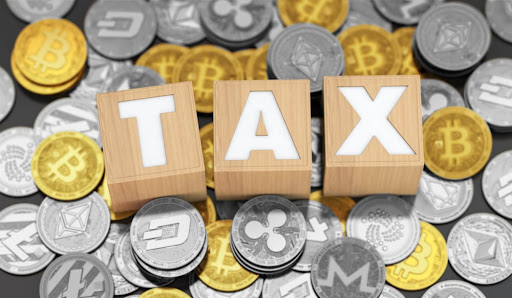1. What Is Cryptocurrency?
Investopedia defines Cryptocurrency as: – “A cryptocurrency is a digital or virtual currency that is secured by cryptography, which makes it nearly impossible to counterfeit or double-spend. Many cryptocurrencies are decentralised networks based on blockchain technology—a distributed ledger enforced by a disparate network of computers. A defining feature of cryptocurrencies is that they are generally not issued by any central authority, rendering them theoretically immune to government interference or manipulation.”
For ease of international tax planning, cryptocurrencies enable secure online payments without the use of third-party intermediaries.
2. How is Cryptocurrency defined in Income Tax Act, 1961?
Indian Income Tax Act, 1961 does not use the term “Cryptocurrency” either in the definition section or in the charging provision, i.e. in s.2(47A) or s.115BBH; instead, it uses the term “Virtual Digital Asset” for dealing with Cryptocurrency.
The finance bill,2022, introduced s.2(47A) that defines “Virtual Digital Asset.” s.2(47A) reads: “virtual digital asset” means–
(a) Any information or code or number or token (not being Indian currency or foreign currency), generated through cryptographic means or otherwise, by whatever name called, providing a digital representation of value exchanged with or without consideration, with the promise or representation of having inherent value, or functions as a store of value or a unit of account, including its use in any financial transaction or investment, but not limited to investment scheme; and can be transferred, stored or traded electronically.
(b) A non-fungible token or any other token of similar nature, by whatever name called.
(c) Any other digital asset, as the Central Government may, by notification in the Official Gazette, specify: Provided that the Central Government may, by notification in the Official Gazette, exclude any digital asset from the definition of the virtual digital asset subject to such conditions as may be specified therein.
Explanation ––For the purposes of this clause,–– (a) “non-fungible token” means such digital asset as the Central Government may, by notification in the Official Gazette, specify; (b) the expressions “currency” and “foreign currency” and “Indian currency” shall have the same meanings as respectively assigned to them in clauses (h), (m) and (q) of section 2 of the Foreign Exchange Management Act, 1999.”
Definition of VDA covers current cryptocurrencies and is dynamic enough to cover any new products. It allows the Central government to specify any other digital assets through a notification in Official Gazette.
However, the definition explicitly excludes any Indian Currency or Foreign Currency, essentially excluding any Central Bank issued Currency from the purview of the intention of VDA and the charging provision s.115BBH of Income Tax Act, 1961, which may otherwise satisfy the purpose of VDA.

